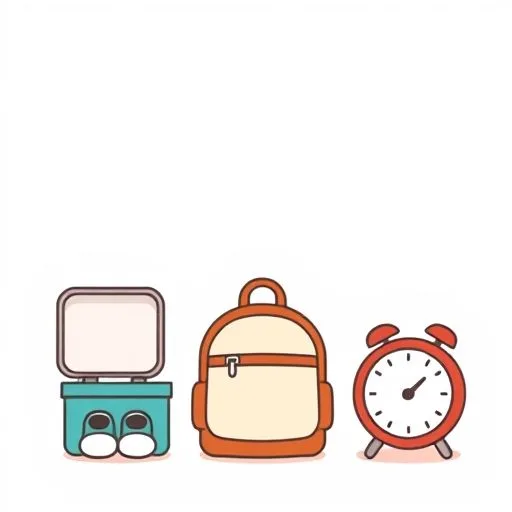
You know that moment when the last lunchbox snaps shut? When the shoes are lined up by the door, backpacks zipped, and for three breaths everything feels possible? That’s where I first noticed it—the way she’d glance at her phone not for emails, but for the grocery list that wrote itself overnight. Like those NGOs using AI for reports, we’re learning to hand off the repeatable tasks. Not to be perfect parents, but to reclaim space for the messy, human moments that no algorithm could ever replicate.
When the Grocery List Writes Itself, We Find Space for Silly
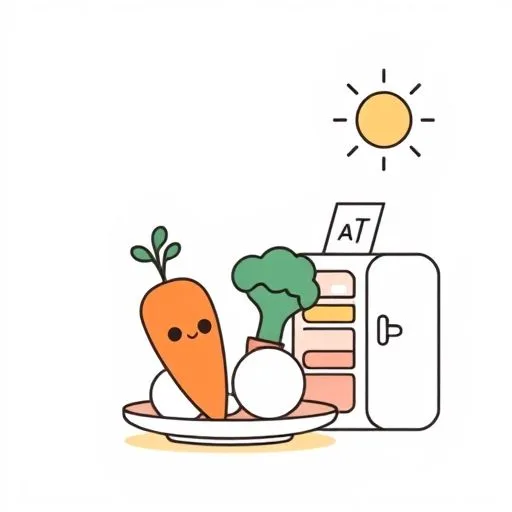
Remember standing in the cereal aisle debating brands? Now our AI meal planner suggests recipes based on what’s actually in the fridge—but the time we save now is just…extra.
Those twenty minutes became our daughter’s ‘why does the moon change shape?’ interrogation during the drive home. No grand plan, just space opening up where duty used to live.
What if we measured productivity not in tasks completed, but in spontaneous questions answered?
Like her asking to put marshmallows in the broccoli soup last Tuesday—the app suggested nutritional balance, but her creativity suggested joy.
The Safety Checklists That Let Us Worry Less, Breathe More
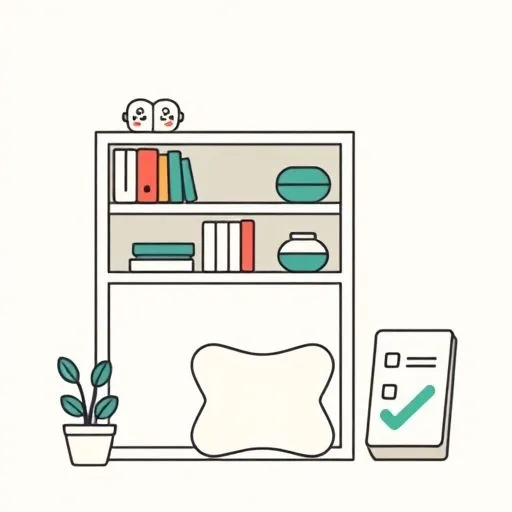
There’s a particular way she scans the living room before playdates—calculating risks I’d never notice. When our AI home helper started flagging potential hazards, I expected efficiency.
What I hadn’t counted on, though, was the way it mentioned securing the bookshelf. That breath she took became space to actually watch them build pillow forts instead of mentally running through danger lists.
It doesn’t make things perfect, but one less thing to worry about is a gift.
Calendar Alerts That Unlock Unexpected Moments
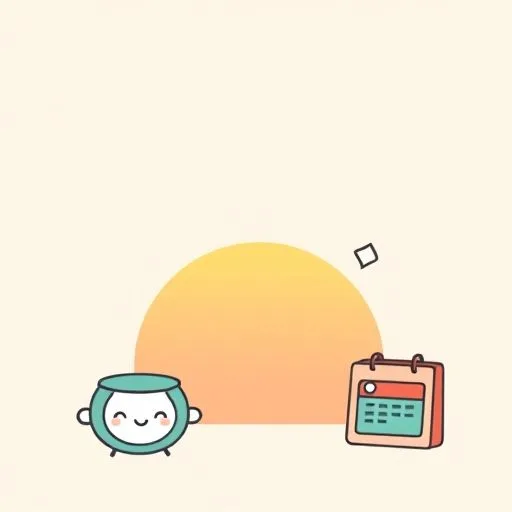
Yes, the automated scheduling saves us from double-booking pediatric appointments. But the real gift? That random alert suggesting ’15 minutes until sunset.’
How many golden hours would we have missed, buried in emails? Last week it prompted us right as our son discovered fireflies in the backyard. Her laugh as they danced around her coffee mug—that’s the data point no productivity tracker measures.
The apps help us keep track of our time so we can be present in the moments that truly matter.
The Permission Slip Only AI Could Write
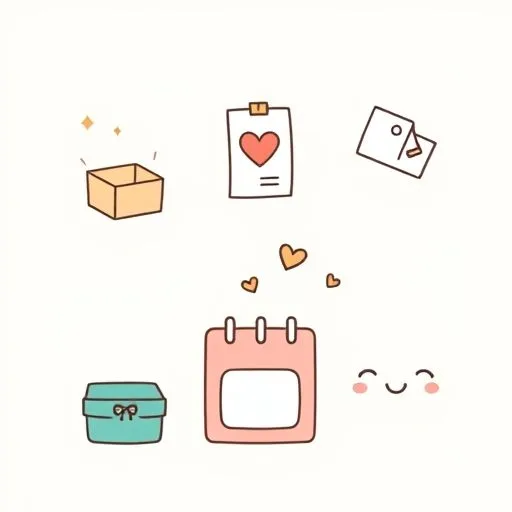
‘Set it and forget it’ automation sounded cold until I realized what it was truly creating: white space. The mental bandwidth she once spent tracking school forms now fuels impromptu living room dance parties.
When the reminder about permission slips auto-generates, she’s free to actually read the field trip details—not just process them. There’s a new softness in how she listens to their rambling stories now, that quiet attention that says ‘I’m fully here.’
Not because the tech parented for her, but because it handled the logistics so she could handle the living. This quiet reclamation of presence might be the most beautiful application of AI in education and family life we’ve discovered.
